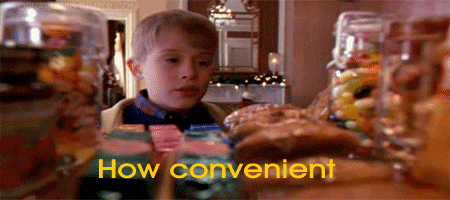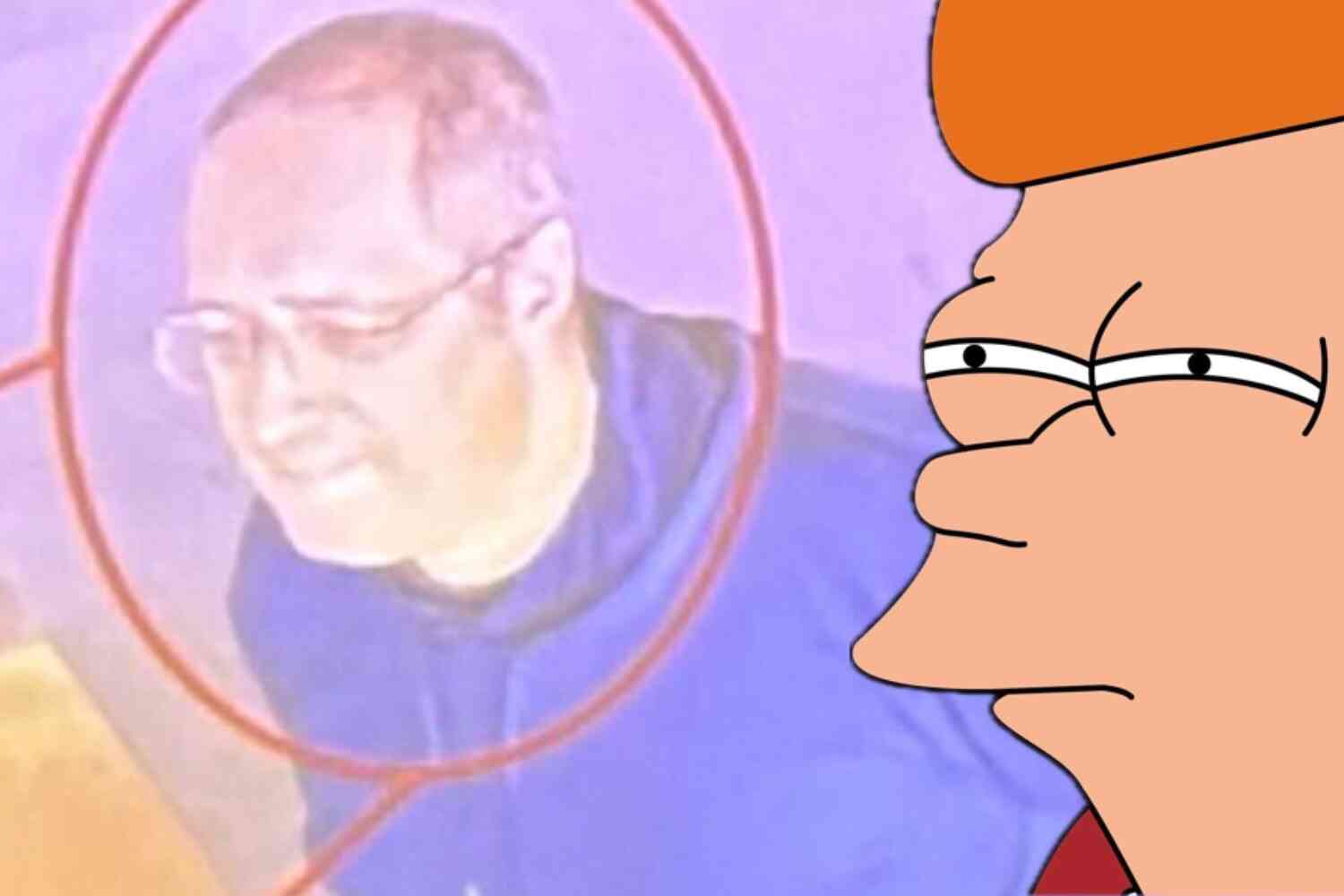For many of us, former New York Times writer Alex Berenson has been an island of sanity in a world gone mad, a lonely voice that assures us that, no, we are not the ones who were crazy.
They were.
His Twitter feed asked the questions we were asking.
But asking why the vaccinated are still dying from Covid finally got Berenson the dreaded Twitter "strike," part of the process for ultimately banning a user (he was citing statistics reported by the government of Israel.)
Berenson's new book Pandemia recounts all of this, but even if you read every one of Berenson's tweets, this book will be anything but a tedious rehash. I purchased the Audible version over Thanksgiving, several days before the hardcover would be available, and I became obsessed with listening to the whole thing (all 11+ hours of it).
You don't have to like Berenson or have any sympathy for him if you don't want to (I readily concede that I do) to appreciate this part of the story, because it's a story within a story. Yes, the government's overreach and liberty-trampling response to the virus is obvious, but that cannot happen without a compliant populace and the government's accomplices in the media, Big Tech, and the corporate billionaire class (Elon Musk being a notable exception having been instrumental in elevating Berenson's visibility).
This part of his story – the response to his probing, his skepticism, his temerity in questioning authority – is perhaps the crazier part of the tale.
One can understand why government would use a crisis to aggregate power and authority (government's gonna government) but why did everyone else fall into line? Why did journalists in particular attack Berenson, write hit pieces on him (two in Vanity Fair, one in The Atlantic), and call him a sociopath, when all he was doing was their job for them?
(Perhaps deep down inside, that was what bugged them most of all.)
Why did Twitter cite him for misinformation for suggesting that the vaccines' effectiveness was waning within months of injection, and why haven't they reinstated him now that Pfizer has admitted the very same thing.
"Boosters" anyone?
I don't want to spoil too much, but let's just say the personal cost to him was by no means small, lost friendships, family issues, a soured relationship with his dying father (your heart will break a bit over that one), and the very real tension it all brought to his marriage.
Like him or not, agree with him or not, he is first and foremost a journalist. A real one. He worked for The New York Times for 10 years (back when the paper still had a few shreds of credibility). He wrote a book detailing the potential mental issues that can arise with chronic marijuana use, a stance that, despite being backed by his typically thorough research had him pilloried in the press.
As we have learned over the past couple of years, when it comes down to a contest between the narrative and science, it's the science that must unfortunately give. The establishment determined that cannabis was harmless so shut up and get high already.
Remember, the government designated pot stores as "essential businesses" for a reason. Churches?

Throughout Covid, Berenson always included citations, always referenced studies (the book itself comes with over 800 footnotes) and when he got it wrong he admitted it. He is no right-wing bomb thrower, either. At a CPAC conference he noted that he was as surprised as anyone that he was there and thought it would have been more likely that he'd be speaking in front of the ACLU. As he explains it, in one of my favorite lines from the book:
I am a registered independent whose politics are that it is impossible to be too cynical.
No wonder I like him.
He documented everything, or as they like to say, he "kept the receipts."
None of it mattered.
He would cite the CDC's own data, and get warnings about misinformation placed on his tweets. He would note that according to VAERS (Vaccine Adverse Event Reporting System), the vaccines were having multiple times the normal adverse side effects of the flu vaccine and then he would be scolded for saying so. Then for good measure, the entire media establishment lined up to suddenly assert that the VAERS system was trash anyway despite it having been used for decades precisely as an early warning system.

Berenson is a genuine journalist in the best sense of the word and absent any comical capitalization, he's interested in the truth. Anyone who watched his earliest deer-caught-in-the-headlights appearances on Tucker Carlson will believe him when he says he never sought the limelight and was surprised to find himself in the position he was. He also never came across as a "grifter" as he was often accused. He made a very comfortable living writing best-selling mysteries and appeared to have a pleasant family life, but he couldn't stay quiet. Like so many of us, he felt an obligation to speak out. That part of his journey is a part of this book as well.
My wife was right. My friends were right. I was obsessed. I couldn't stop fighting. Couldn't and wouldn't. Can't and won't.
All that said, as I finished listening to the book, my attention turned less to how lucky we are that we have people like Berenson around to hold the powerful and corrupt accountable and towards a more chilling and depressing revelation:
Why was what Berenson did so extraordinary? Why is there only one of him, or at most, a handful?
Writing about his Twitter ban:
The only answers to the questions I've raised for years is to take away my platform supposedly intended for free speech? One of my Twitter strikes was for saying the vaccines were failing. Two months later Pfizer's top vaccine scientist admitted his company's vaccine is failing. And no one in the legacy media will speak out for me against this censorship never mind admit I was right? What has happened to journalism? What has happened to journalists?
Good questions.
In fact, why isn't every journalist asking the questions Berenson is asking? Why aren't they looking into the lies and deceptions and obvious plain-as-day gaslighting?
When, exactly, were our institutions of journalism turned into instruments for the state to cement and protect its authority and not instruments to challenge it?
I don't know exactly what Berenson's politics are. As indicated earlier, he's an independent. So am I. That could mean anything, but his full-throated defense of American principles and American liberty would be welcome at any conservative gathering, or any gathering of genuine patriots, liberals or not.
Here is how he concludes the book:
I believe for all its many flaws, the United States remains, in the phrase that is attributed to Ronald Reagan but actually dates back to John Winthrop four centuries ago, "a city upon a hill." I believe we will take back our freedoms from the would-be authoritarians who spent 2020 trying to cage us in our homes, 2021 chipping away at our medical autonomy, and both years censoring our freedom to speak and debate. All for our own good of course.
I believe in the Constitution, and the Bill of Rights, and the rule of law. I believe they, and we, are more powerful than this crummy little virus. I believe truth will prevail. I have to. We all have to. The alternative is impossible to imagine.
But is it?
I can't recommend this book highly enough. It's accessible, engaging, and tells a story that needs telling. You don't have to agree with his every conclusion to understand the importance that he be permitted to share those conclusions purely as a matter of free speech. It should be read by every free-thinking, independent-minded American. It will red-pill anyone still capable of rational thought.
I'm sure there are still a few out there.
For those of us already there, it's an essential history of what we just lived through, and a warning regarding what is to come if we don't all jump off the crazy train while there's still time.
Pandemia is available for sale in multiple formats at Amazon. I am purchasing a hard copy as well in part to support his work and in part to ensure I have a copy that is non-cancellable.
Well, at least difficult to cancel.

If you're interested, many of his old Tweets were captured on the Wayback machine and can be found here, just don't bother going past August 28.
Having been thrown off Twitter, he now provides his insights through his Substack account. Free accounts remain available, although if you have a few bucks you don't absolutely need, it might be worth your while to support the work of a genuinely independent journalist.









